FUNK Forum: Research and Innovation Driving Social Change – Montenegro Hosts Its First Science|Business Gathering
Message that research and innovation can transform and accelerate the development of society was at the core of the international conference “From Knowledge to Impact: Nurturing Research and Innovation in Southeast Europe,” held yesterday at the University of Montenegro as part of the Festival of Arts, Science, and Culture – FUNK 2025.
The event, which brought together leading European and regional figures from science, politics, industry, and finance, marked the first Science|Business gathering in Montenegro and coincided with the parallel Ministerial Meeting of the Western Balkans Steering Platform on Research and Innovation.
The participants were welcomed by Professor Milivoje Radović, Chair of the Board of the University of Montenegro, who emphasized that the University, as the country’s leading academic and research institution, is dedicated to the exchange of excellence, openness, and collaboration.
“Research and innovation are not merely academic activities; they are powerful forces that shape societies, foster sustainable development, and create opportunities for progress and well-being. By strengthening these areas, we reinforce the foundations of a region that is vibrant, creative, and full of potential,” Prof. Radović said.
Edit Herczog, Chair of the Widening Participation Initiative at Science|Business, reminded the audience that Science|Business was founded in 2004 when four visionary journalists—formerly working for leading global media such as Nature and the Financial Times—decided to move science from the footnotes and margins to the front pages, creating a publication that places research and innovation at the centre of attention.
“The founders were frustrated that scientific achievements appeared only on the fourth or fifth page of newspapers, as small items buried at the bottom. So they decided to create a publication devoted entirely to research—to give science the front-page visibility it deserves,” Herczog said.
Science|Business is a network connecting industry leaders, research organizations, and policymakers to help shape European research and innovation strategies. Among its partners are Microsoft, Elsevier, ETH Zurich, TU Delft, CERN, the European Investment Bank, and many others. Of particular importance is the Widening Initiative, which supports countries in narrowing the innovation gap between Eastern and Western Europe through funding programs and collaboration networks.
Sabine Henzler, Director for Strategy and Impact at the Joint Research Centre of the European Commission, pointed out that according to the European Innovation Index 2025, Western Balkan countries are classified as emerging innovators—but there is still room for improvement. A lack of private-sector investment in research and development, as well as a pronounced skills gap, continues to slow progress.
“Universities such as the University of Montenegro play a key role in bridging that gap and fostering a new generation of researchers and innovators who will lead the region’s digital and green transition,” she stated.
She added that both scientific excellence and political vision are essential for this progress—and that smart specialization can serve as a tool that unites these two dimensions.
“By focusing on sectors that connect digital and green technologies—such as smart agriculture, sustainable tourism, and the circular economy—the region can develop new value chains, attract investment, and create high-quality jobs,” she concluded.
Information about distinguished speakers who participated in the conference is available at: From Knowledge to Impact: Nurturing Research and Innovation in Southeast Europe
The international conference was organized by the Science|Business network, in partnership with the University of Montenegro, the EIT Community, and the COST Association.


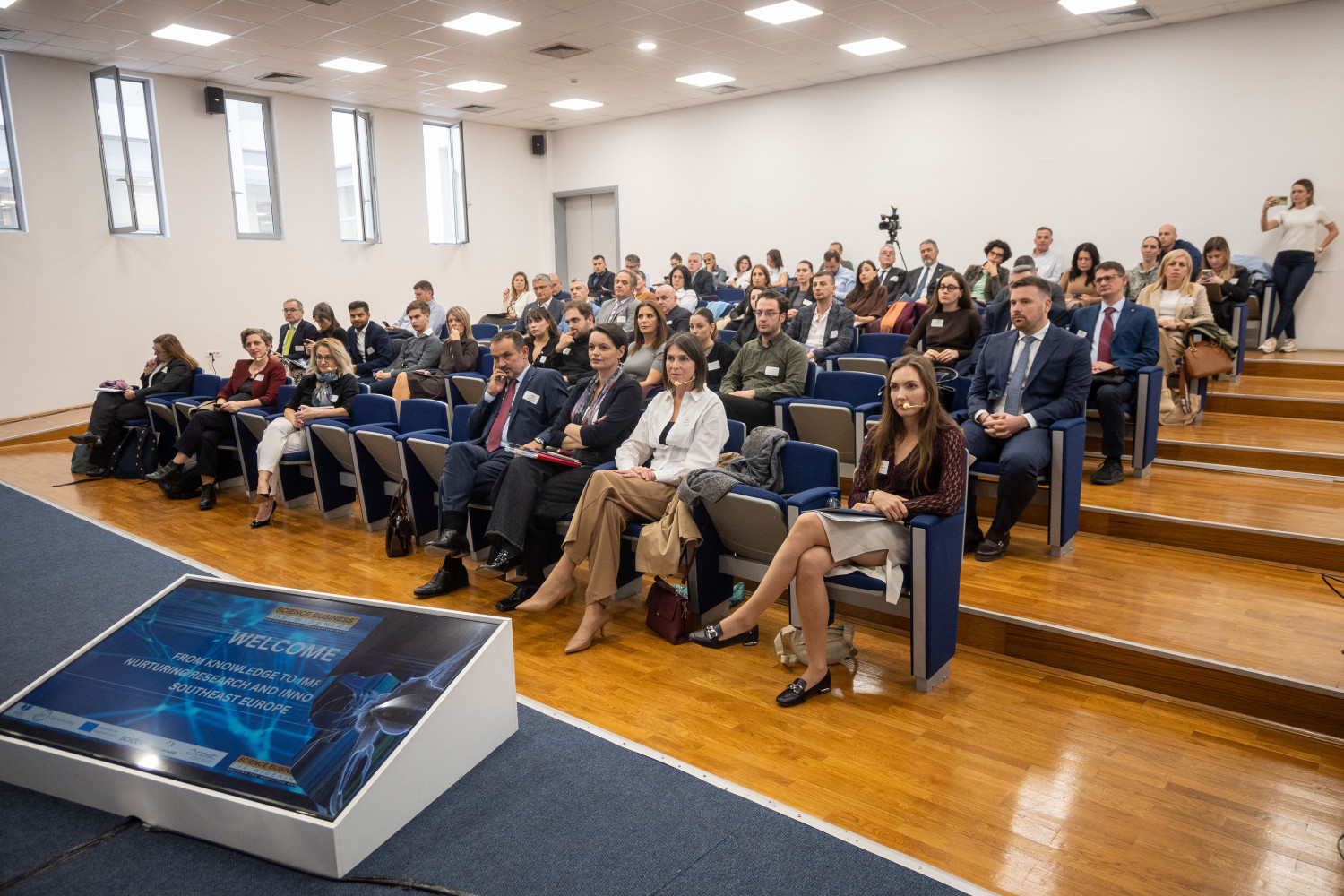
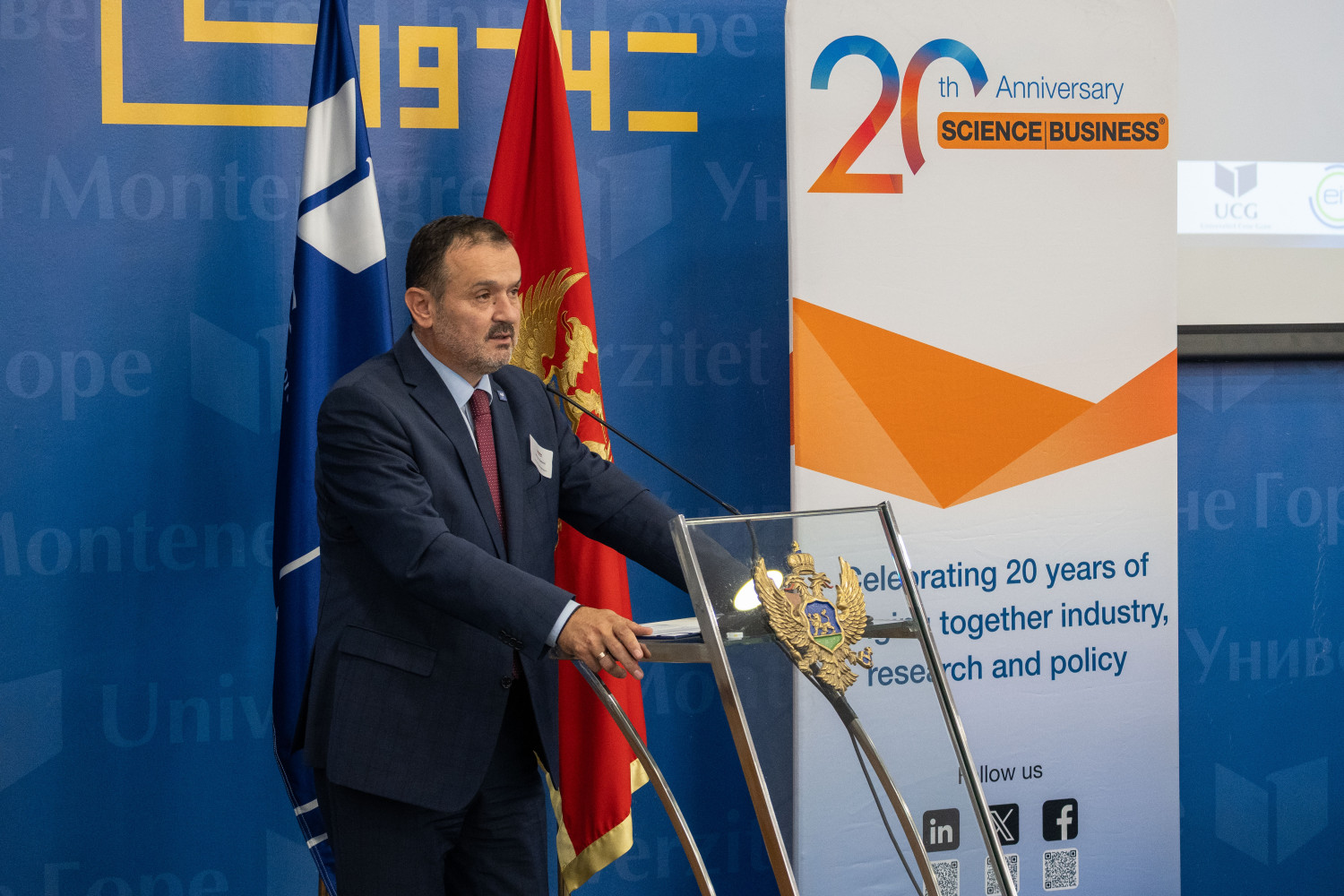
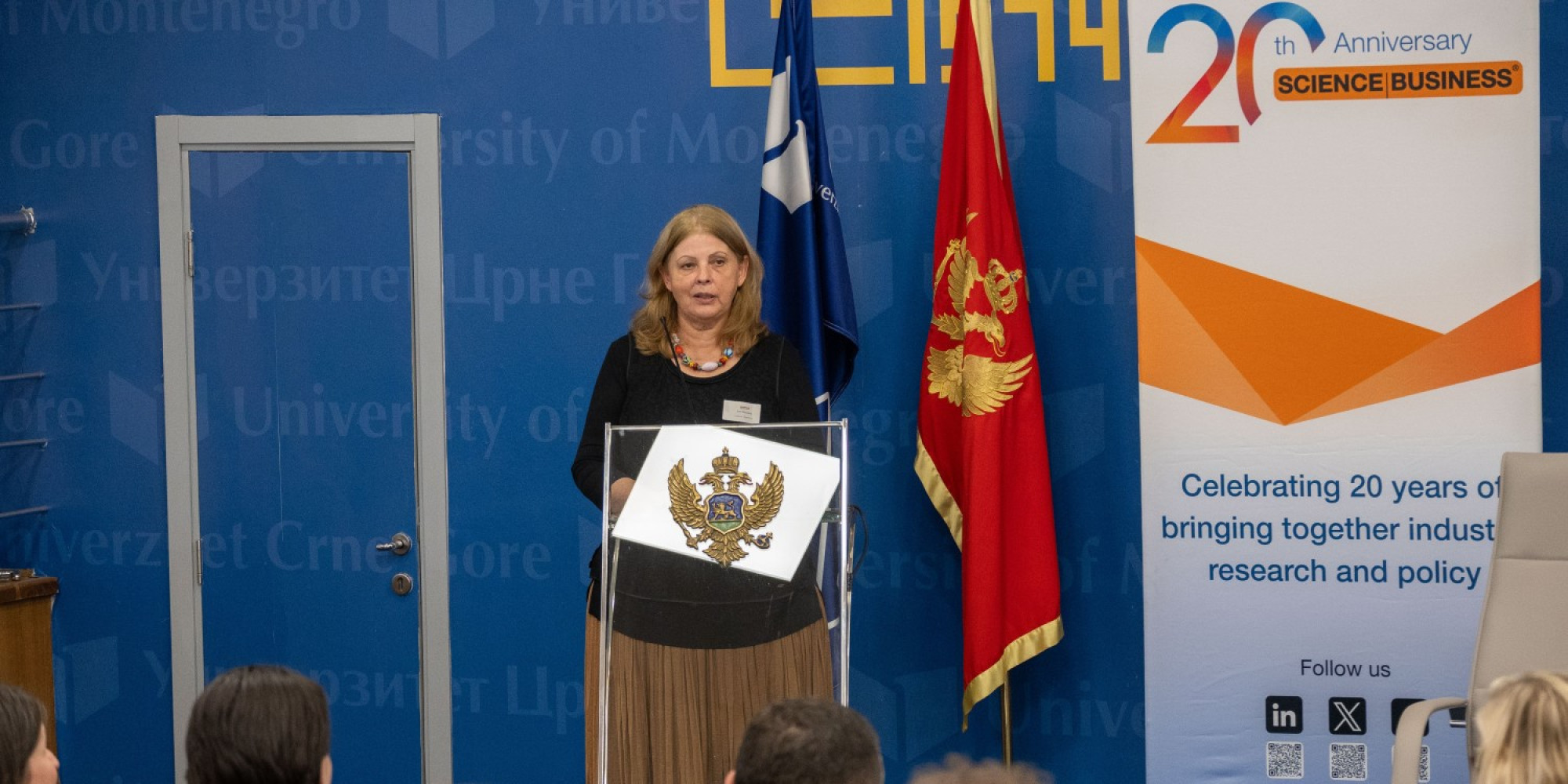
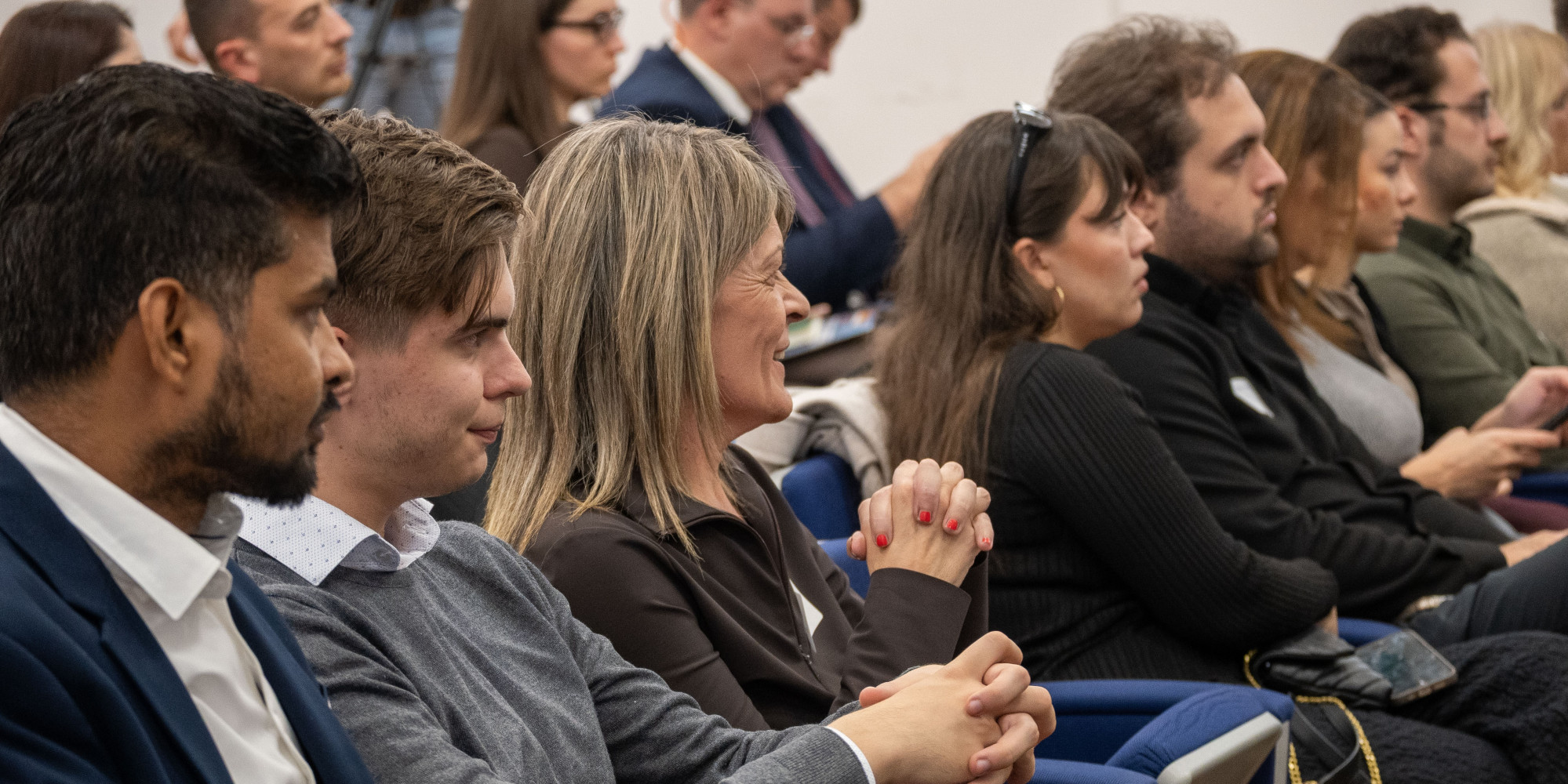
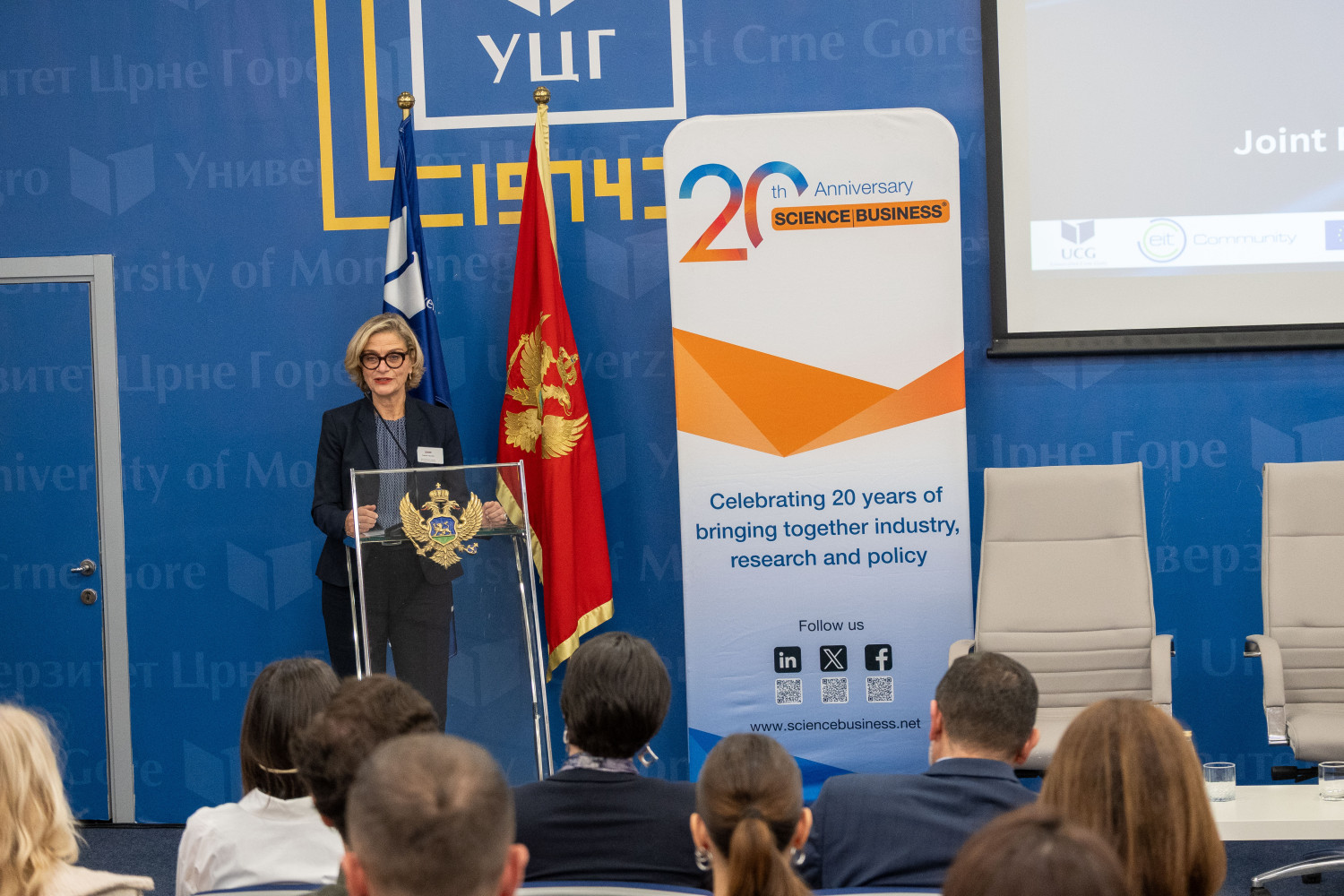
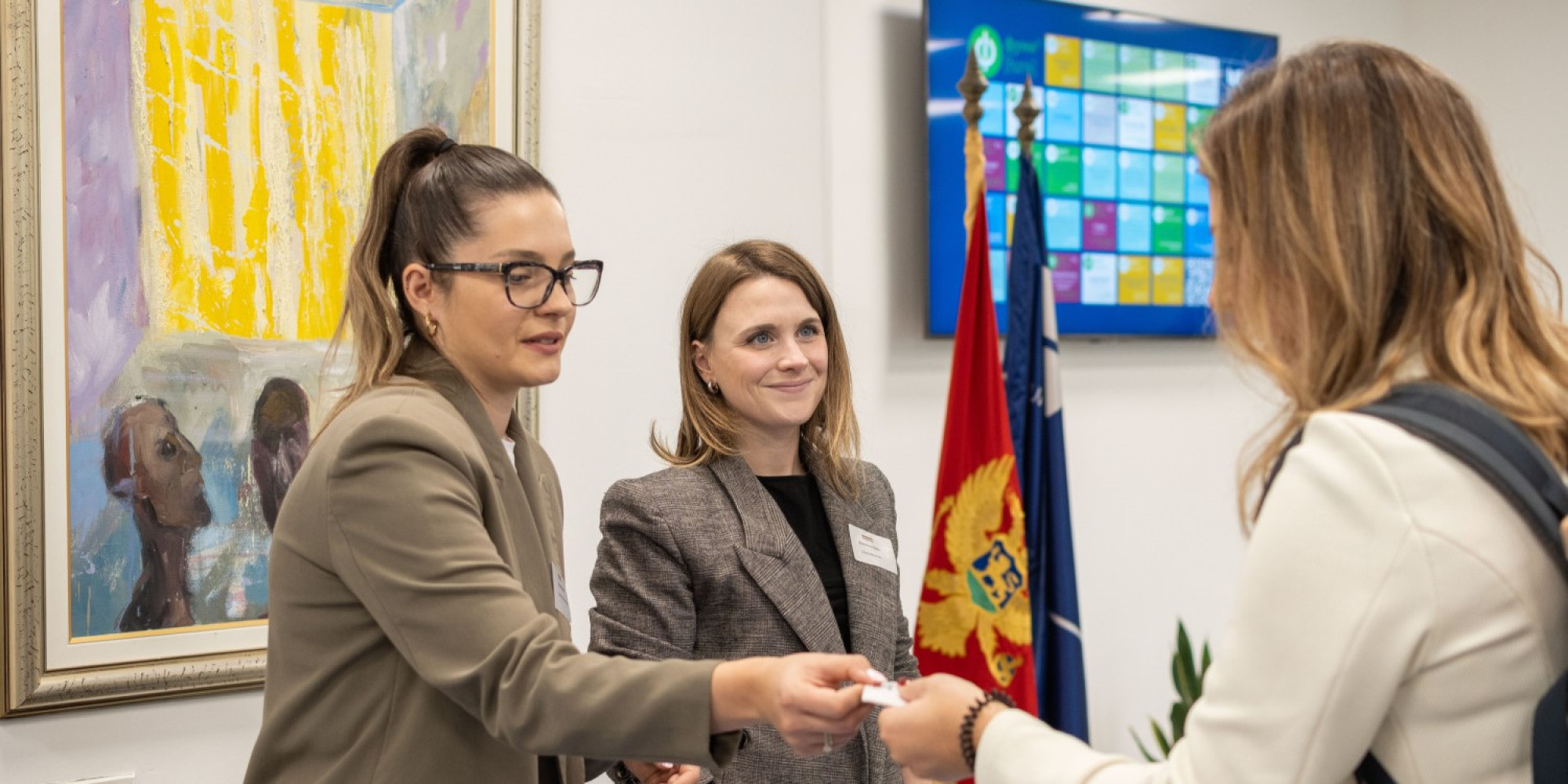
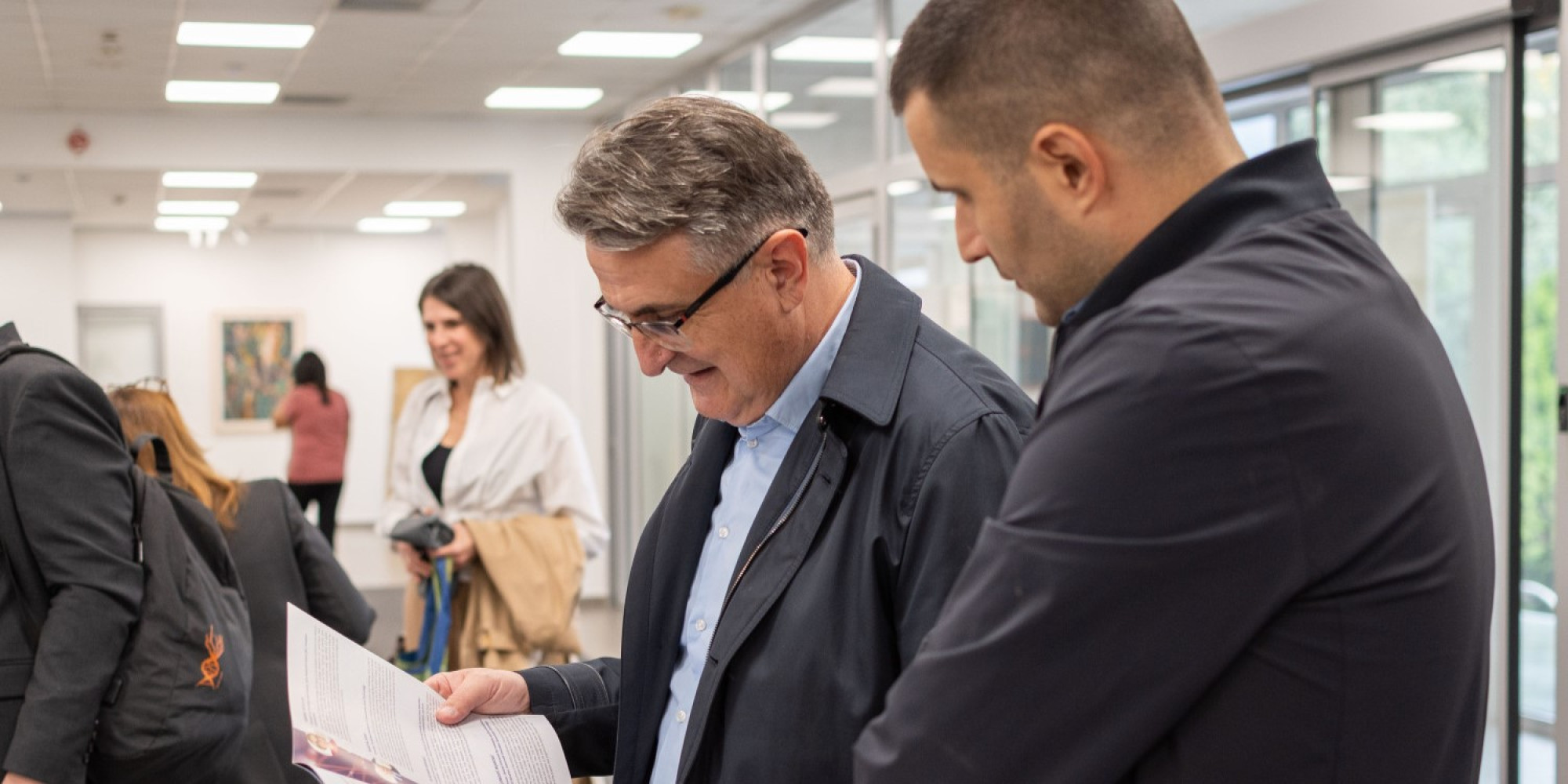
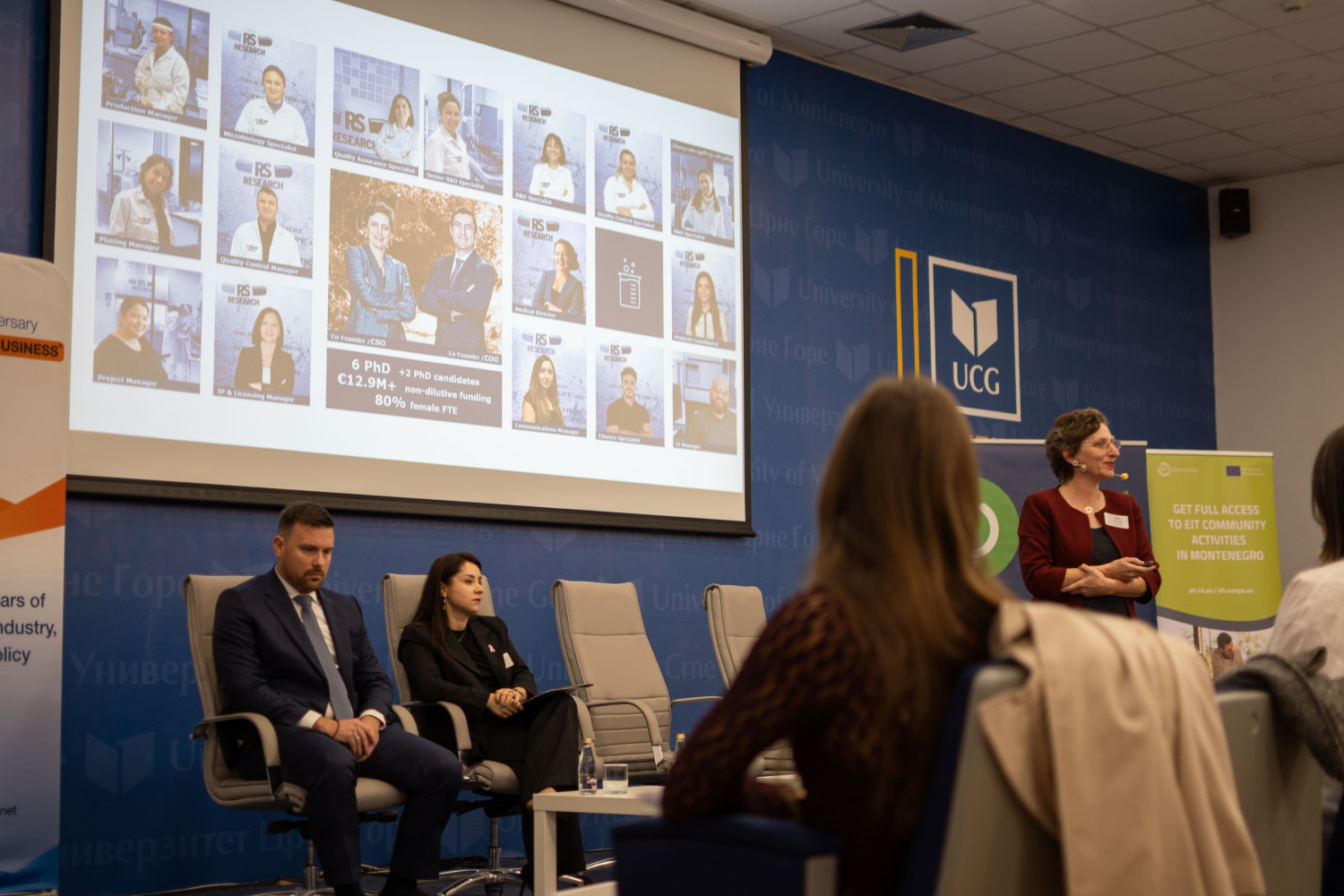
.jpg&h=1000)